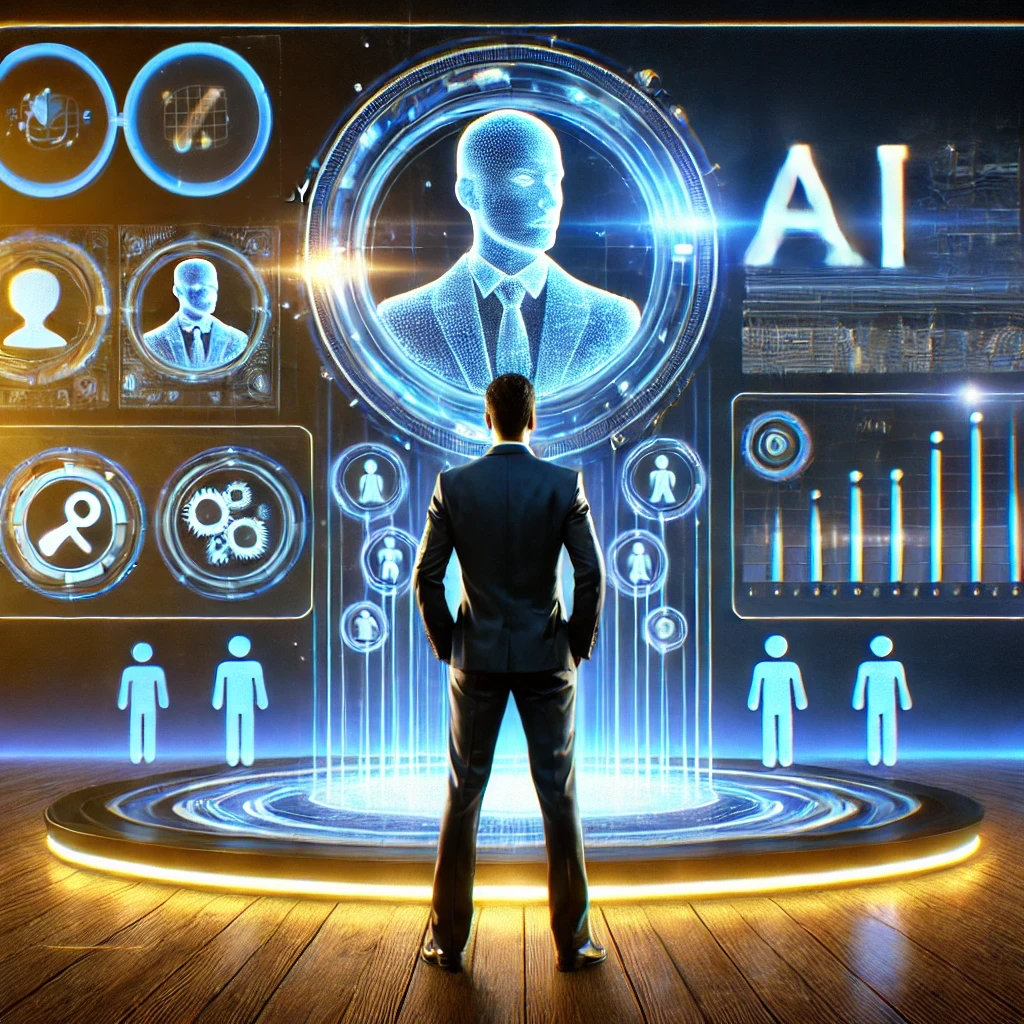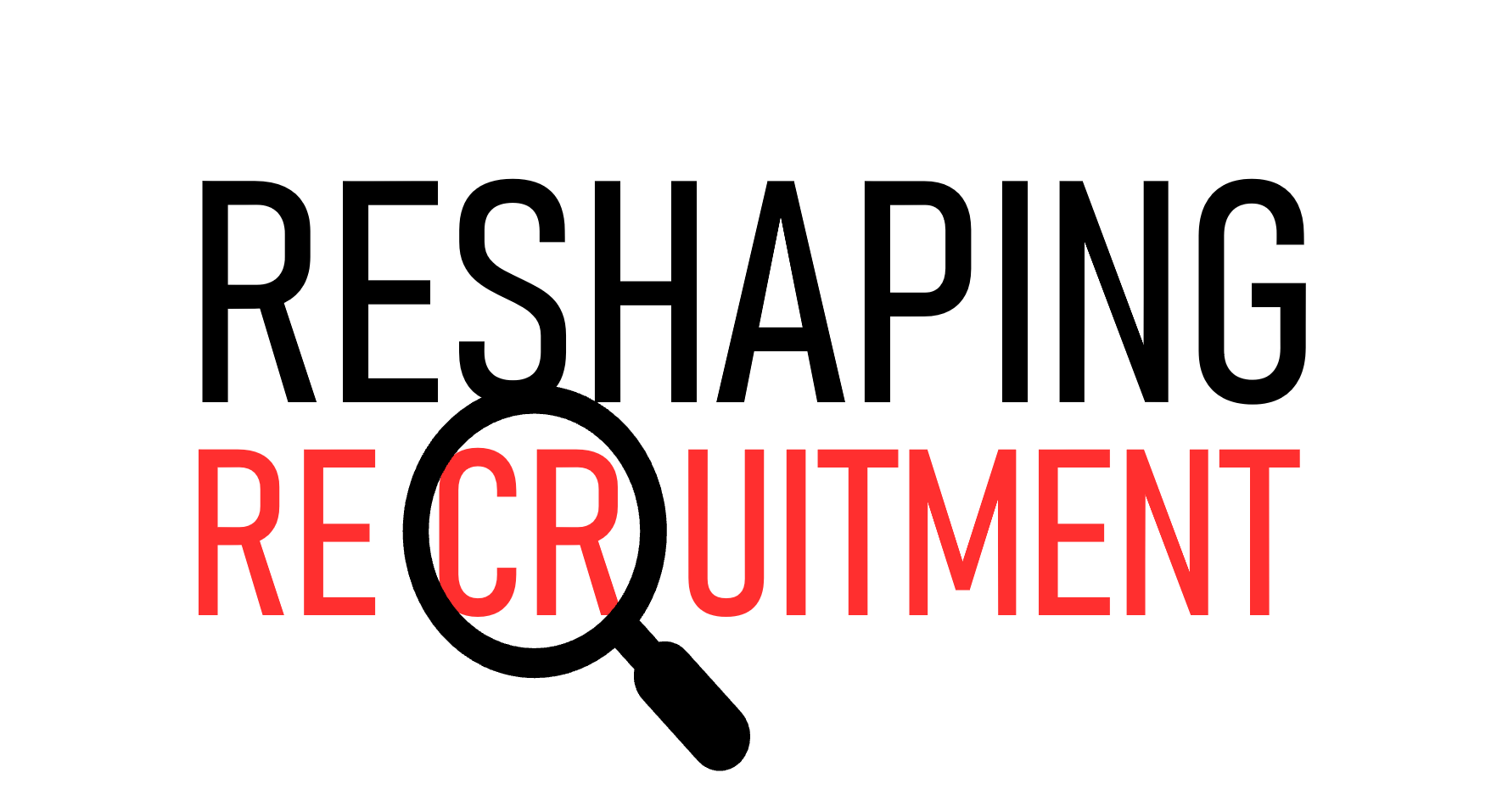
Google Just Validated My AI Recruitment Strategy
Google Just Validated My AI Recruitment Strategy
When Google announced that Gemini would now personalize responses based on users' search history, I wasn't surprised. I was vindicated. For years, I've been telling business leaders that the future of AI isn't just about algorithms—it's about creating personalized experiences that blend technology with human context. This is precisely what I've built my Hybrid AI Workforce approach around.
Google's move confirms what I've known throughout my years in recruitment and AI strategy: context matters more than computation alone.
The Power of Personalization
Google's Gemini 2.0 Flash Thinking Experimental model now connects to your search history (with your permission) to deliver more relevant, personalized responses. Think about that for a moment. The world's AI leader recognizes that even the most sophisticated algorithms need personal context to truly provide value.
I've seen this same principle transform recruitment outcomes repeatedly. When candidates feel seen as individuals rather than applications in a database, engagement soars. Conversion rates climb. Quality of hire improves.
But there's a critical balance to maintain.
Google makes this feature opt-in, requiring explicit permission. They understand something fundamental about effective AI implementation: transparency builds trust. This same principle guides how I've designed recruitment systems for companies across industries. Candidates must understand how their information is being used and feel in control of the process.
Lessons for Recruitment Leaders
What can recruitment professionals learn from Google's approach? Several things that align perfectly with what I've been implementing with clients:
First, personalization isn't just a nice-to-have feature—it's essential. In recruitment, this means moving beyond generic job descriptions and standardized communications. Your AI tools should help craft experiences that speak to individual candidates' backgrounds, interests, and career trajectories.
Second, transparency is non-negotiable. Google explicitly labels this feature as "experimental" and makes it opt-in. Similarly, candidates deserve to know when AI is involved in recruitment processes. I've found that transparency doesn't diminish candidate interest—it actually enhances trust and engagement when implemented thoughtfully.
Third, the human element remains irreplaceable. Google is using AI to enhance human experiences, not replace them. This mirrors my Hybrid AI Workforce approach, which emphasizes that AI should support human decision-making in recruitment rather than replace it.
The Implementation Gap
Here's where many companies stumble. They understand the concept of personalization but struggle with implementation.
I've made these mistakes myself. Early in my work with AI recruitment tools, I focused too heavily on technology capabilities without sufficient attention to the human experience. The results were predictably disappointing—sophisticated systems that recruiters resisted using and candidates found alienating.
The solution lies in what I now call the "recruitment engine framework"—a approach that leverages data and AI while maintaining human connections at critical touchpoints. Google's latest move with Gemini reflects this same philosophy: use technology to handle scale and personalization, but always in service of improving human experiences.
Beyond the Buzzwords
We've all heard enough about "AI transformation" to last a lifetime. What matters isn't the technology—it's the results.
Google's approach to personalization will likely deliver more relevant responses, better user experiences, and higher engagement. These are the same outcomes I've helped companies achieve in their recruitment processes through my Hybrid AI Workforce methodology.
The real question isn't whether AI can personalize experiences—we now know it can. The question is whether your organization is implementing these capabilities in ways that respect privacy, enhance human connections, and deliver measurable improvements in recruitment outcomes.
Looking Forward
Google's plans to integrate Gemini with Google Photos, YouTube, and other services points to an increasingly connected AI experience. This mirrors what I believe is the future of recruitment technology—systems that draw insights from multiple data sources while maintaining strict privacy controls.
For recruitment leaders, the message is clear: start building your personalization capabilities now. The technology exists. The frameworks for ethical implementation are available. The companies that embrace these approaches will gain significant advantages in talent acquisition and retention.
After two decades in this field, I can confidently say that Google's move isn't revolutionary—it's evolutionary. It represents the natural progression of AI toward more human-centric applications. And that's exactly the direction I've been guiding companies in their recruitment strategies all along.
The future of recruitment isn't just AI. It's personalized AI that enhances rather than replaces human connection. Google just confirmed it. What will you do with this knowledge?

